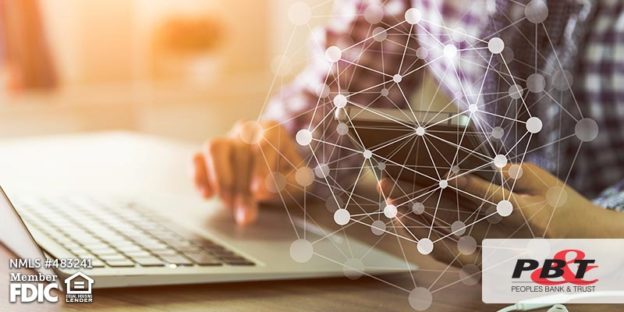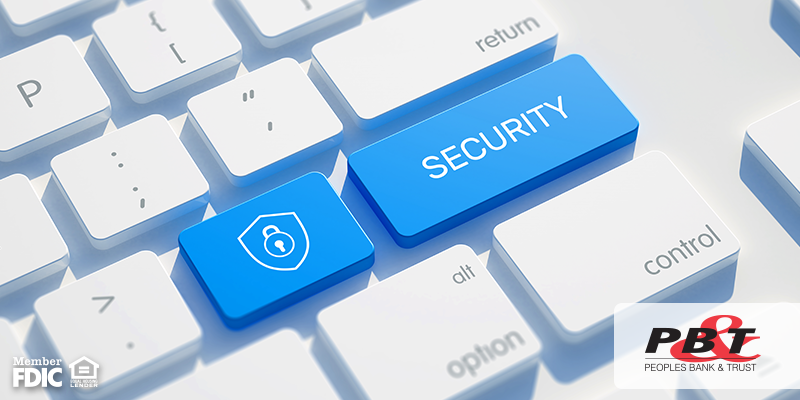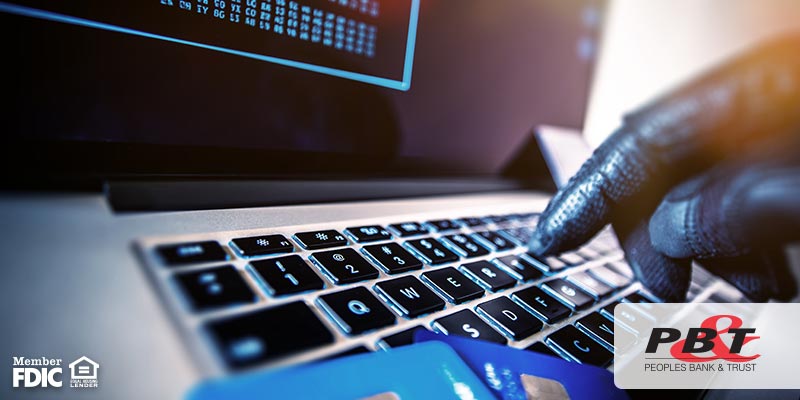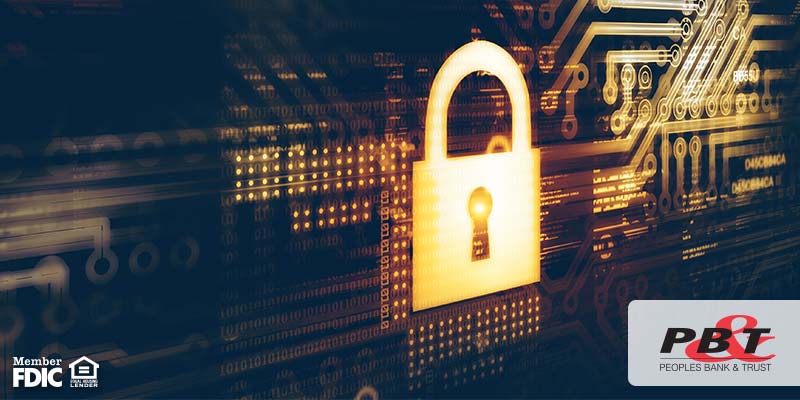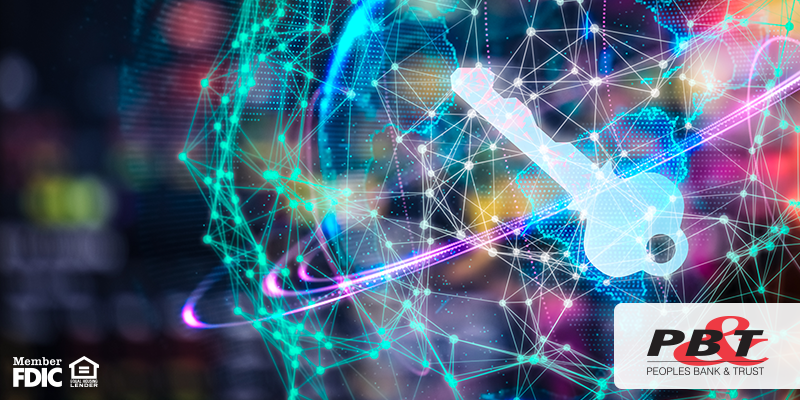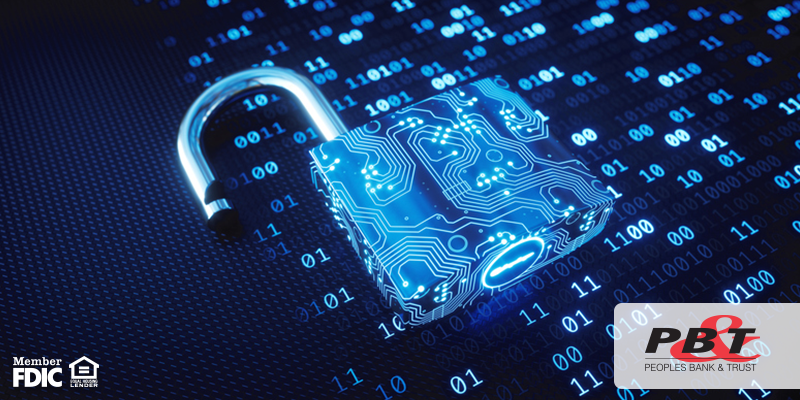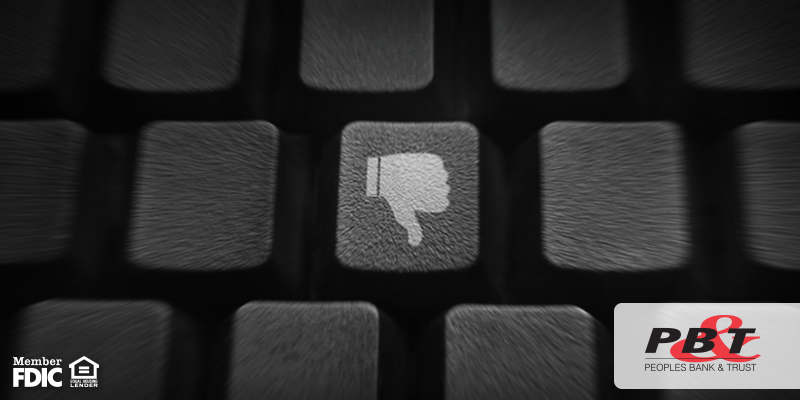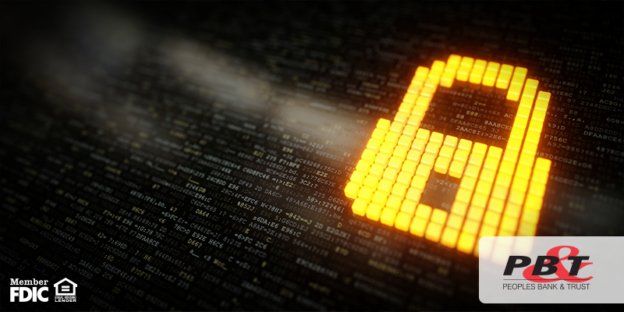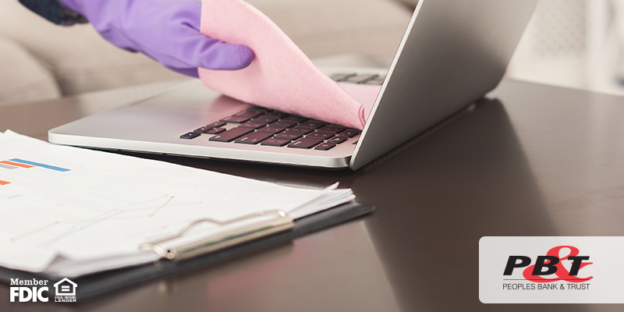It’s nearly unavoidable to have some semblance of a social life if you are not using technology to connect with the outside world. From social media and texting to phone applications, we are always connected. Many are uninformed of how to maintain this social connection while at the same time protecting themselves from the most basic security threats. We are combating this by busting the most common notions or myths about cybersecurity.
MYTH: Hackers aren’t interested in what I have.
If you have a social security number, hackers are interested in you. Even if you feel like your personal wealth is not very high, your social security number is incredibly valuable. With your number, they can conduct financial theft by applying for loans and credit cards in your name. They could also use your number to incur their healthcare costs or even legal obligations. In an even darker scenario, your identity can be sold to other hackers to use over and over again. Thereby creating a tumultuous problem. Realize that you have something worth protecting!
MYTH: My email application blocks all of the spam for me.
It only takes one accidental or wrong click to open yourself up to malware. And as great as some email applications are, they aren’t able to block every suspicious email from entering your inbox. Did you know that 1.5 percent of spam emails are malicious? Considering how many you likely get in a day, you are at risk every time you click. There are many ways to add additional filters to your email, but the best line of defense is actually you. If you have even the slightest suspicion about an email, report it. Only communicate with those you know without a doubt are secure sources.
MYTH: I’d be safer to go off the grid.
While it may sound alluring to some nomads, unplugging from digital connection can put you in a position of higher risk. This is because there is less day to day monitoring of your accounts. This makes your accounts a terrific target for hackers to attack and go by unnoticed.
MYTH: I have cybersecurity software, so I am not at risk.
If you’ve invested in anti-virus software, good for you for taking steps to protect yourself! However, hackers are becoming more advanced and finding ways to bypass hundreds of protective measures every day. Also, they can still attack you from other sources such as social media. A great way to combat this is to never click on unfamiliar links and to limit the information you put on social media, including your birthdate.
Stay safe while staying connected with these great tips. Remember, we offer safe and secure banking products to keep your information protected.
Peoples Bank & Trust Co.
Member FDIC
Equal Housing Lender


